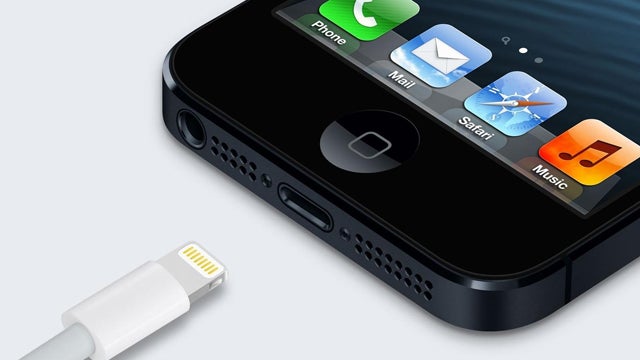European parliament backs law for universal chargers by 2017

The European parliament has backed regulation that could force manufacturers to use a universal charger.
You may not have to use a variety of cables to charge your smart devices in the future, as European politicians have backed a law that will force manufacturers to only use one type of charging port.
The regulation was backed by the vast majority of MEPs, which will force manufacturers to comply with the law by 2015.
It was originally drawn up to help reduce the amount of electronic waste we produce and to help make life easier for consumers.
“This serves the interest both of consumers and the environment,” said MEP Barbara Weiler in a statement.
The regulation is currently in draft form and still has to be approved by the European council of ministers, but they have already given informal consent for the law so expect it to be passed fairly soon.
European countries will have until 2016 to transform the regulation into national law. Manufacturers will then be given until 2017, a full 12-months, to comply with the new design.
The plan to create a universal charger has been in discussion since 2009. It will most likely use a microUSB connection, which is already utilised by the majority of manufacturers.
Apple is the possibility the manufacturer that will be the most affected by the proposed changes, as it uses a proprietary Lightning charger for its latest range of devices, including the iPad Air and iPhone 5S.
The Cupertino company has yet to respond to the proposed legislation, but it was one of the original companies to sign the universal charger plans presented by the European government.
Read more: iPhone 5S tips and tricks
Via: BBC

